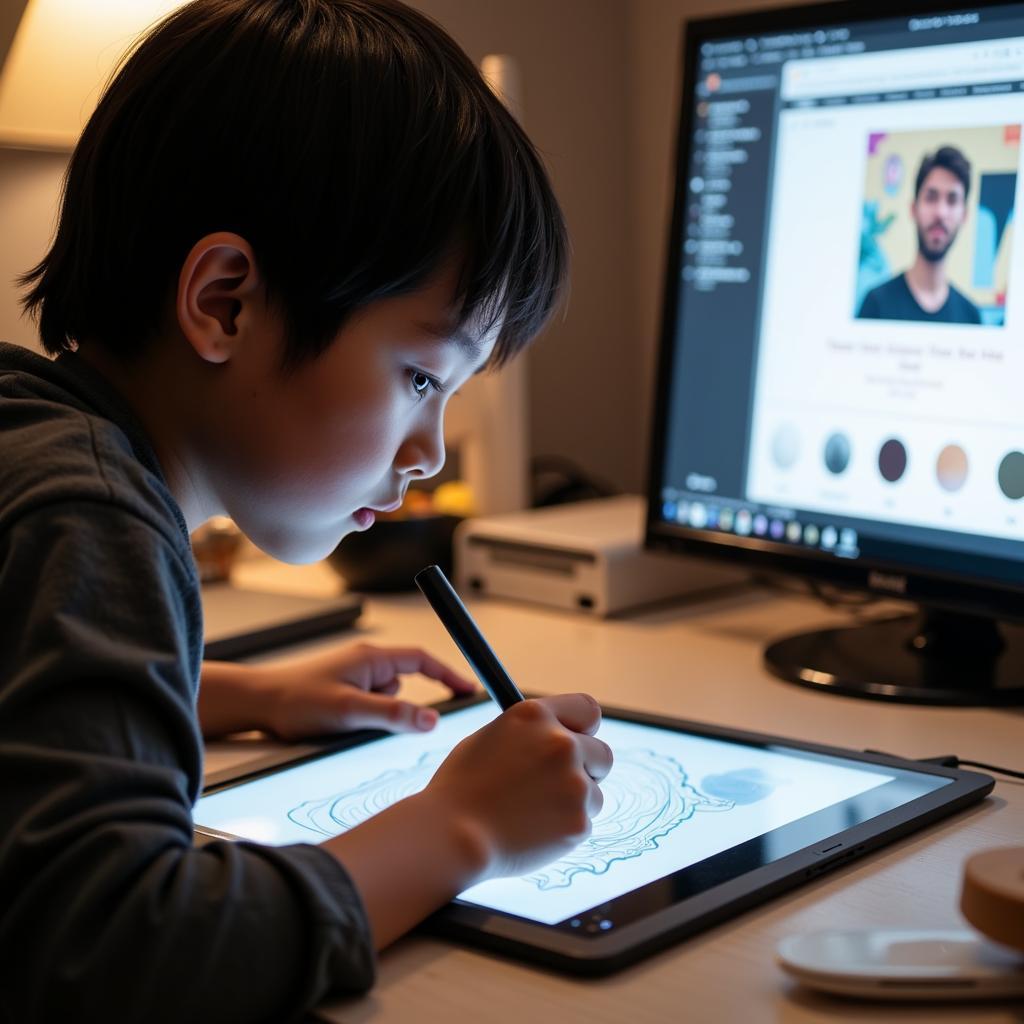Learning new skills is a universal experience that makes for engaging conversation in IELTS Speaking tests. Similar to describe a skill you want to develop further, this topic frequently appears in IELTS examinations and requires candidates to demonstrate their ability to articulate personal experiences clearly.
Part 1: Introduction Questions
Common questions examiners ask:
- What skills have you learned recently?
- Do you prefer learning skills alone or with others?
- How do you usually learn new skills?
Sample answer (Band 8-9):
“I recently taught myself digital illustration using professional software. I find that self-paced learning works best for me as it allows me to thoroughly grasp each concept before moving forward. I typically combine online tutorials with hands-on practice to develop new skills effectively.”

Part 2: Cue Card
Topic
Describe a skill you have learned recently
You should say:
- What the skill is
- How you learned it
- Why you decided to learn it
- And explain how you feel about learning this skill
Sample Answer (Band 8-9):
“I’d like to talk about mastering the art of sourdough bread baking, which I picked up during the recent lockdown period. This journey into breadmaking has been tremendously rewarding and has taught me a lot about patience and precision.
Initially, I was intimidated by the complexity of the process, but I methodically approached it by first thoroughly researching the science behind fermentation. I immersed myself in online baking communities and meticulously followed expert tutorials, taking detailed notes about temperature control and timing.
The decision to learn this skill was primarily driven by my desire to create healthier, more digestible bread at home. I was particularly fascinated by the traditional nature of sourdough and its rich cultural heritage.
The learning process has been incredibly fulfilling. There’s something profoundly satisfying about creating a loaf from just flour, water, and salt. Each batch teaches me something new, and I’ve developed an acute sense of how different variables affect the final product. It’s transformed my understanding of traditional food preparation methods, much like describe a dish from another country you would like to try.”
Band 6-7 Alternative:
“I learned how to make sourdough bread recently. I watched some videos online and got tips from a friend who bakes. I wanted to try it because I like fresh bread and thought it would be fun to make my own. It was hard at first, but now I’m getting better at it. I feel happy when my bread turns out well.”
Part 3: Discussion Questions
Q: How has technology changed the way people learn new skills?
Band 8-9 Response:
“Technology has revolutionized skill acquisition through accessible online platforms and interactive learning tools. Virtual reality simulations and AI-powered feedback systems have made it possible to practice complex skills in safe, controlled environments. This reminds me of describe a time when you taught someone a skill, where digital tools significantly enhanced the learning experience.”
Band 6-7 Response:
“Technology makes learning easier now because we can find tutorials online and learn at our own pace. We can use apps and websites to learn almost anything, and we can connect with teachers from anywhere in the world.”
Key Vocabulary and Expressions
- Methodically /məˈθɒdɪkli/ (adv): In a systematic way
- Immerse oneself (phrasal verb): To involve oneself deeply
- Acute sense (phrase): Sharp understanding
- Profoundly /prəˈfaʊndli/ (adv): Deeply, thoroughly
- Meticulously /məˈtɪkjʊləsli/ (adv): With extreme care and precision
Examiner’s Tips
- Structure your answer using clear time markers
- Include specific details and personal experiences
- Demonstrate range of vocabulary through synonyms
- Use natural transitions between ideas
- Show genuine enthusiasm about your learning experience
Remember to approach your response like describe a goal you set and achieved, focusing on both the process and outcome of your skill development.